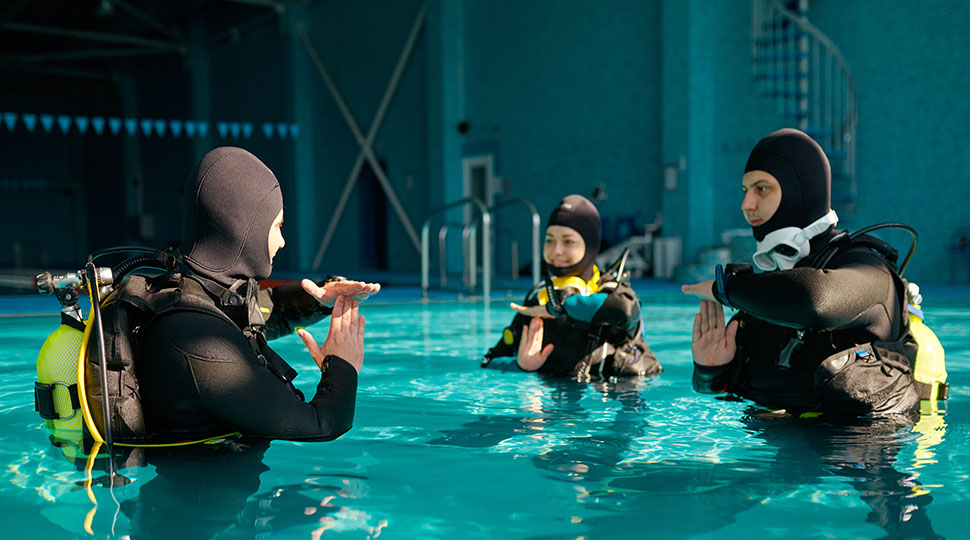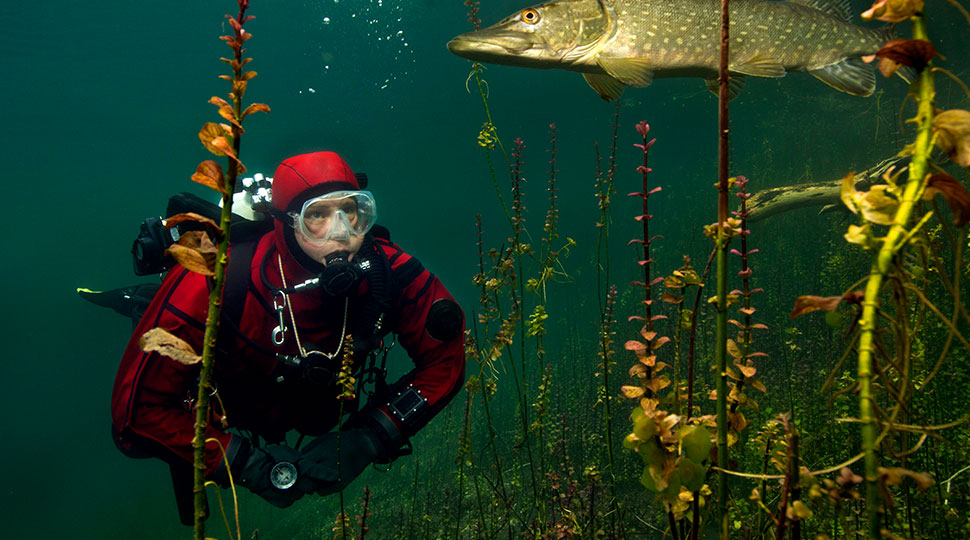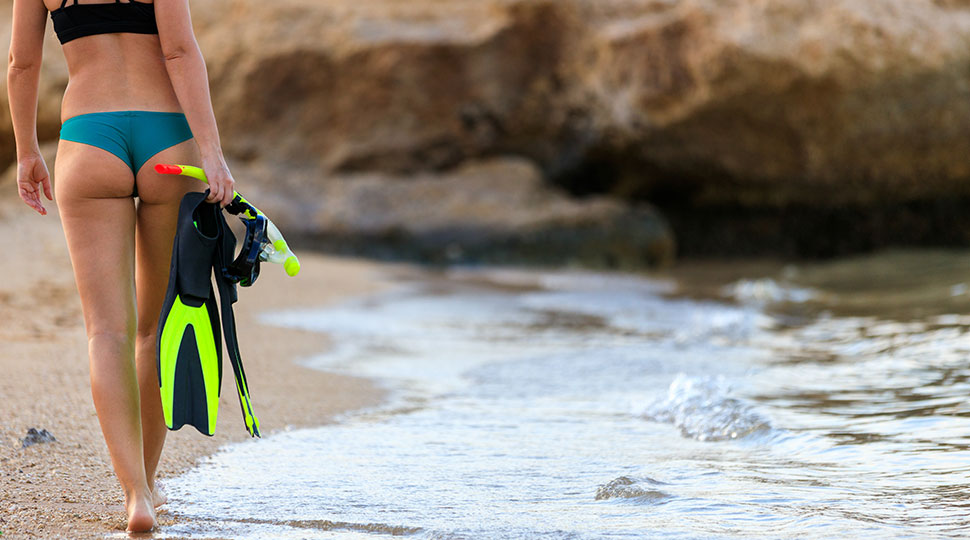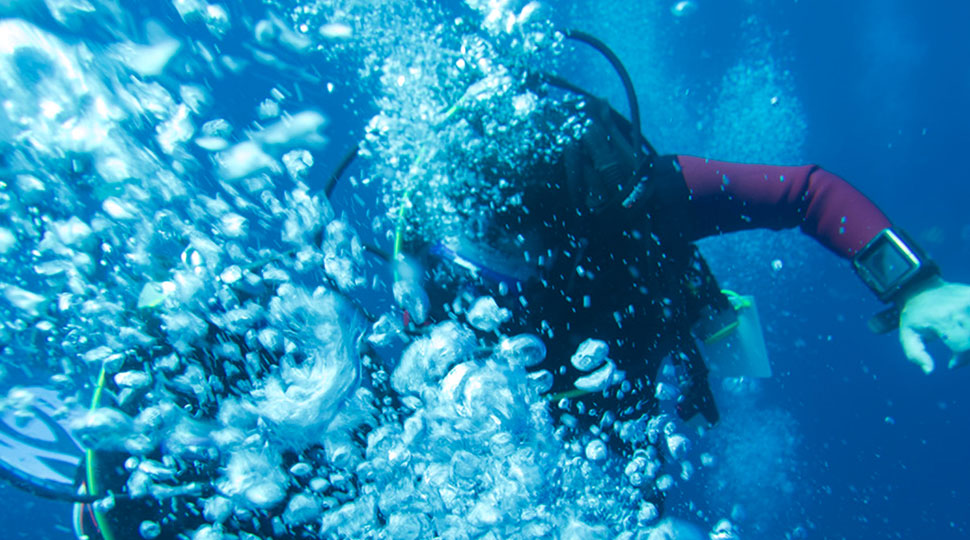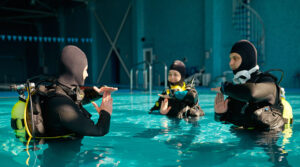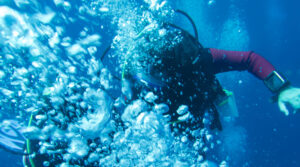As a scuba diving enthusiast, you may have already heard of PADI and SSI – two leading scuba diving certification agencies that provide training and education to aspiring divers all over the world. Deciding which certification to pursue can be a tough choice as both offer excellent training programs.
In this article, we will compare PADI and SSI training courses to help you decide which one is right for your needs.
Comparison of PADI vs SSI Certifications
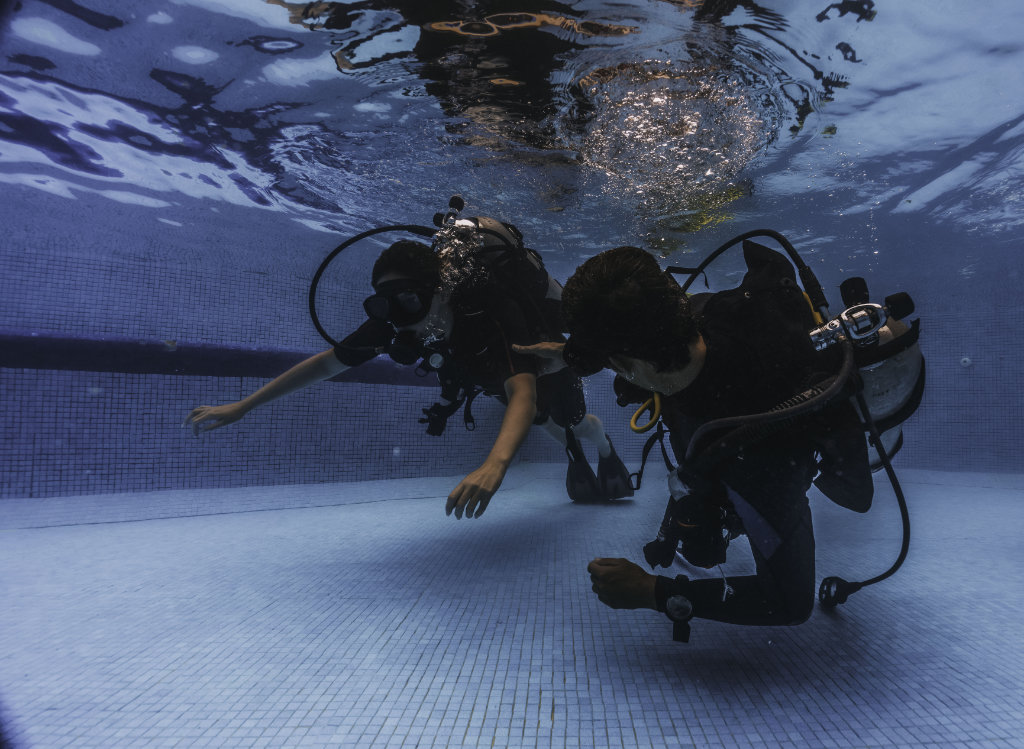
Course Structure & Cost
PADI
The Professional Association of Diving Instructors (PADI) offers a range of scuba diving courses that cater to beginners and advanced divers.
The PADI training system consists of several levels, starting from the entry-level PADI Open Water Diver course, followed by the Advanced Open Water Diver, Rescue Diver, and Divemaster courses for more experienced divers. PADI also offers a variety of specialty courses, such as Wreck Diver, Deep Diver, and Enriched Air Diver.
The cost of these courses varies depending on factors such as location, facilities, and the specific course you plan to take. Generally, PADI courses are more expensive compared to SSI due to their brand recognition.
However, as the most widely recognized scuba diving certification agency, PADI-certified divers are almost guaranteed acceptance at dive centers around the world.
SSI
Scuba Schools International (SSI) also offers a tiered certification system similar to PADI. Their entry-level course, Open Water Diver, covers the same skills as PADI’s equivalent. SSI also has levels such as Advanced Adventurer, Stress & Rescue, and Divemaster for more experienced divers. Specialty courses are available as well, like Wreck Diving, Deep Diving, and Nitrox.
SSI courses are usually more affordable compared to PADI, making it a popular choice among budget-conscious divers. The course materials, which are generally available as digital manuals, can be accessed free of charge for life.
While SSI may not have the same global recognition, it is still accepted by many dive centers across the globe.
Instructor Training & Quality Control
PADI
PADI has a strict quality control system implemented for their instructors, ensuring consistency and professionalism in their teaching. Instructors must complete a demanding Instructor Development Course (IDC) before they are allowed to teach PADI courses.
PADI instructors are required to renew their membership and adhere to the organization’s standards on a yearly basis, making sure they keep up-to-date with new course materials and training techniques.
SSI
SSI instructors have similar requirements when it comes to professional development and quality control. The process of becoming an SSI Instructor involves completing a comprehensive Instructor Training Course (ITC).
SSI mandates that their instructors follow the organization’s teaching methods and standards while also allowing for some customization to suit the needs of individual students.
Range of Courses Offered
PADI
PADI offers an extensive list of scuba diving specialty courses, ranging from unique diving environments to specific equipment and diving techniques. Some popular specialties include Ice Diver, Digital Underwater Photographer, and Cavern Diver.
Additionally, PADI has a strong focus on conservation-oriented courses, such as Coral Reef Conservation, Sea Turtle Awareness, and Shark Awareness.
SSI
SSI provides a comparable range of specialty courses covering different diving environments and techniques. While SSI’s list of specialty courses may not be as extensive as PADI’s, it still offers several highly sought-after training options, including Sidemount Diving, Cavern Diving, and Underwater Photography.
SSI also has conservation-based courses, like Ecology, Marine Biology, and Shark Ecology.
Location Availability
PADI
With a long-established reputation in the scuba diving industry, PADI has thousands of dive centers and instructors around the world. As the most popular and globally recognized certification agency, it is often the preferred choice for those who want to pursue scuba diving as a serious hobby or career.
SSI
Though not as widespread as PADI, SSI has a respectable presence in many countries worldwide, with thousands of dive centers and schools offering their certification courses.
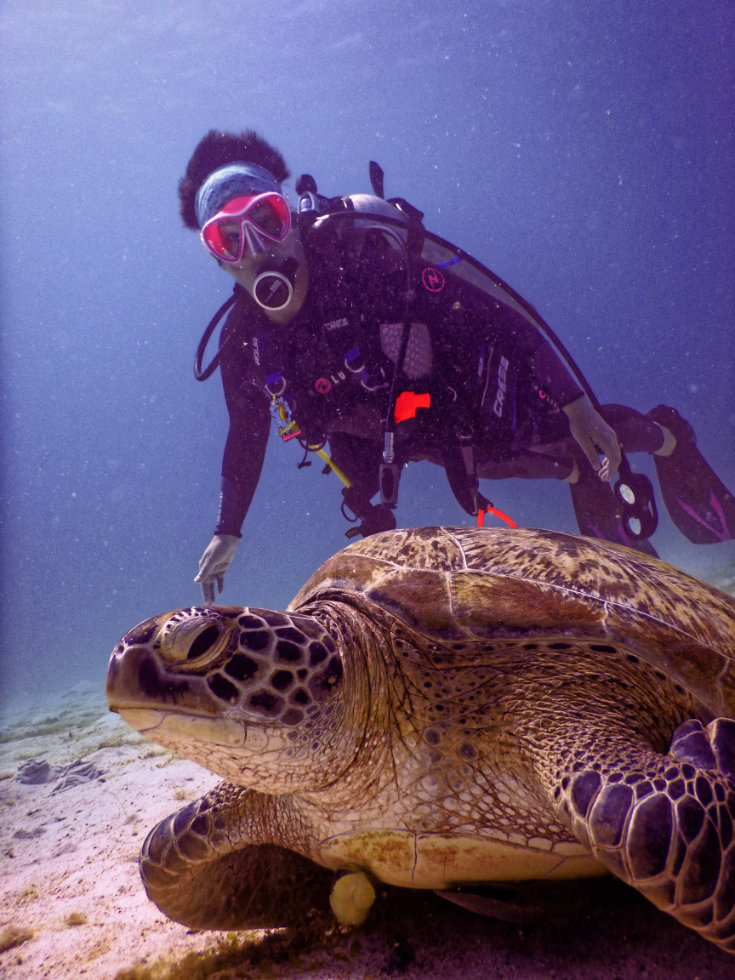
In recent years, SSI has become increasingly popular due to its more affordable course fees and flexible teaching methods. However, divers outside of major diving destinations may find limited SSI options in their area.
The Safety Stop
Both PADI and SSI offer high-quality scuba diving training and certifications that are globally recognized. Choosing between PADI and SSI boils down to personal preference, availability, and budget considerations.
It is essential to research the individual dive center or instructor’s reputation regardless of the certification agency chosen to ensure that you have the best possible learning experience.
Remember, your safety and enjoyment should always be the top priorities when pursuing your scuba diving passion.

